BOPET-Films – Recycled-PET-bottles 08-06-2022 - Arhive
BOPET-Films – Recycled-PET-bottles
-BOPET Films Europe and Vita Nova breathe new life into household flexible packaging
In this Innovation Spotlight, BOPET Films Europe and Searious Business introduce the Vita Nova project, which explores how changing the material composition of flexibles can improve their recyclability without losing pack performance, compromising on printing, or costing more.
Household flexible packaging has become an integral part of today’s consumer packaging. It is a resource-efficient and cost-effective way to package everything from baked goods to fruits and vegetables. A favourite with food packaging designers, it protects from moisture, odours, and oxygenation, and unlike paper, it can be transparent so customers can see the product.
Packaging products in soft plastic rather than rigid alternatives uses far less material, creates less CO2 and ultimately less waste. BOPET-Films – Recycled-PET-bottles
Flexible plastic packs half the food in Europe while only using 1/6th of the materials. The problem lies in its disposal.
The resource efficiency of flexible packaging relies on a complex mix of laminates, materials, inks and adhesives, which render it difficult to recycle. Plus, it’s hard to include recycled material in new household flexible packaging because only certain types of recycled plastic are approved for direct food contact.
Currently, household soft plastic is mainly made from a complex variety of polyolefins and is rarely recycled. Unprinted larger formats such as pre-consumer transport wrap can be recycled at scale, but household B2C flexible packaging is too small and contaminated to process. Minimal quantities of polyolefin films may be downcycled into low-value products like roadside markers or benches, but unfortunately, the rest will be incinerated or landfilled. BOPET-Films – Recycled-PET-bottles
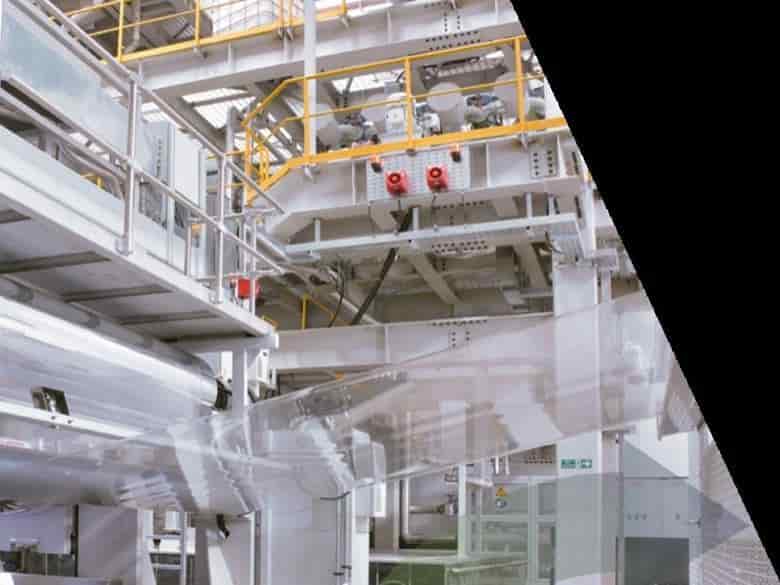
-Magnetic confinement fusion: energy that imitates the stars
A safe, sustainable and inexhaustible source of energy, a possible turning point in the decarbonization process we are supporting. BOPET-Films – Recycled-PET-bottles
The technology
Fusing two hydrogen nuclei releases a huge burst of energy – in nature, this is the type of physical reaction that powers the sun and the other stars. The great advantage of the technology is that it does not emit greenhouse gases; nor does it emit heavily polluting or highly radioactive substances, which makes it a highly attractive energy source. It is also virtually inexhaustible as it uses a blend of easily obtainable elements as fuel: deuterium and tritium, two hydrogen isotopes. Deuterium comes from seawater, while tritium can be produced by a physical reaction with lithium.
Magnetic confinement technology is being investigated as a potential means of achieving fusion continuity control in power plants. As its name suggests, the technology uses extremely powerful magnetic fields to control the plasma in which the fusion takes place. The journey towards this technological revolution will be a long one, but will lead to a more sustainable future. This is why we are focusing on magnetic confinement fusion and why we are collaborating with leading public and private research bodies to develop it. We see it as a turning point in the decarbonization process. BOPET-Films – Recycled-PET-bottles
When we get fusion to a mature enough point that it can be used in industry, the stage will be set for unprecedented things. We will finally have a widespread supply of clean, safe, sustainable energy. Power stations fed by fusion reactors could meet the growing demand for energy at big production and population centres while maintaining high sustainability. Smaller stations, on the other hand, integrated with renewable sources, could make it easier to provide energy to small communities and off-grid businesses.

-Packaging under fire over sustainability concerns
Plastics’ ability to protect contents is weighed against urgency to buttress recycling infrastructure, find other approaches to handle end-of-life plastic.
recycling, discussions around plastics packaging have never been thornier.
To describe plastics packaging’s relationship with consumers and brand owners using a phrase made popular by Facebook’s status updates: “It’s complicated.”
One person on the front lines of what he and others characterize as a “war on plastics” is Scot Case, an executive at the National Retail Federation. He’s seen brand owners, retailers and consumers grapple with what sustainability means. As experts who have pondered packaging acknowledge, the questions go beyond just material or format, to issues about infrastructure, recycling, even food availability and freshness. BOPET-Films – Recycled-PET-bottles
“The question is, what is it you’re trying to optimize? And if consumers are choosing to optimize carbon footprint, you might get a different set of solutions than if consumers are trying to optimize single-use plastics,” said Case, the VP of corporate social responsibility and sustainability for NRF, the world’s largest retail trade association.
“The challenge is, if anyone looks at sustainability very narrowly, defining it in a way that only looks at one or two environmental or social impacts, you come up with a very different answer than if you try and take a more holistic approach. And the challenge is consumers are fickle. What’s important one day might not be important on another day.”
Mixed bag
Single-use packaging also stirs mixed emotions in retired plastics engineer Laura Martin, who devoted part of her career to helping a major machine manufacturer develop its mold-making business for PET bottles.
Having lived near the spring that provided the water for some of the bottles, she regrets that the commodity became so popular.
“They have nice fresh spring water in that area, so, they were pumping water out of the ground, putting it in plastic bottles, shipping it to the grocery store up the road in Guelph [Ontario]. And I saw people in the supermarkets buy cases of bottled water that came from just down the road,” Martin said. “It strikes me as insane, and now those bottles end up on a beach somewhere, and they’re blaming the plastics industry.” BOPET-Films – Recycled-PET-bottles
Plastics can be a wasteful, but also an opportunity, she and others pointed out.
Many people “don’t have access to fresh fruits and vegetables, and [food] packaging is integral to their daily life,” said Calvin Lakhan, an environmental scientist based in Ontario, who argues that packaging provides less-expensive food options to disadvantaged people.
Both he and Martin are members of Sustainable Packaging Research, Information, and Networking Group (SPRING), a think tank of experts with backgrounds in packaging, materials science, recycling and other fields who are united by a desire for sustainable solutions.
Expanding waste lines
The sight of a crumpled water bottle or fast-food wrappers on the pavement might give the impression that single-use packaging is everywhere, spending all but a brief moment of its life as anything other than litter. But plastic — stubbornly hovering at recycling rates of about 13 percent for packaging, or below, depending on the product — is far from the most common material in the trash stream.
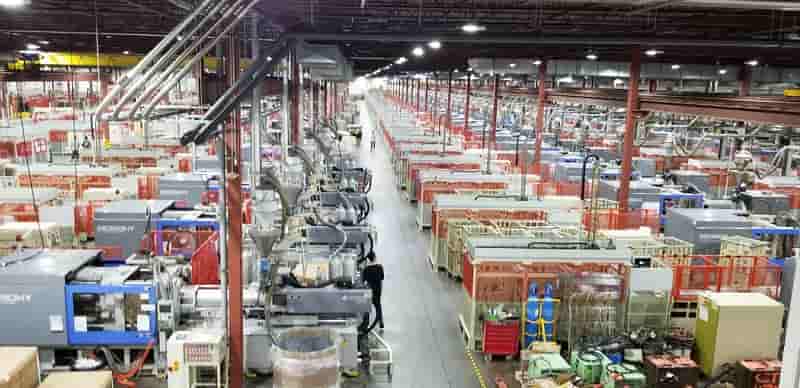
-Saudi Arabia hikes July crude prices surprisingly high for Asia buyers
Saudi Arabia, the world’s top oil exporter, raised July crude oil prices for Asian buyers to higher-than-expected levels amid concerns about tight supply and expectations of strong demand in summer.
The official selling price (OSP) for July-loading Arab Light to Asia was hiked by $2.1 a barrel from June to $6.5 a barrel over Oman/Dubai quotes, just off an all-time-high recorded in May. BOPET-Films – Recycled-PET-bottles
That was much higher than most market forecasts for an increase around $1.5. Only one respondent of six in a Reuters poll had predicted a jump of $2.
“The price jump is unexpected, especially the Arab Light. We are puzzled by the decision,” said an Asian oil trader.
The hike by state oil producer Saudi Aramco came despite an agreement by OPEC+ states to boost output by 648,000 barrels per day (bpd) in July and a similar amount in August in an effort to offset Russian supply losses. That compares with an initial plan to add 432,000 bpd a month over three months until September.
But the increases have been divided across member countries including Russia and states such as Angola and Nigeria which struggle to meet their targets, leading to fears that the actual boost to supply may fall short of official plans.
Countries in the northern hemisphere, such as the United States, typically kick off their driving seasons in July sending demand for gasoline surging. China, the world’s No.1 oil importer, is also re-opening some cities such as Shanghai after lengthy COVID-19 lockdowns. BOPET-Films – Recycled-PET-bottles
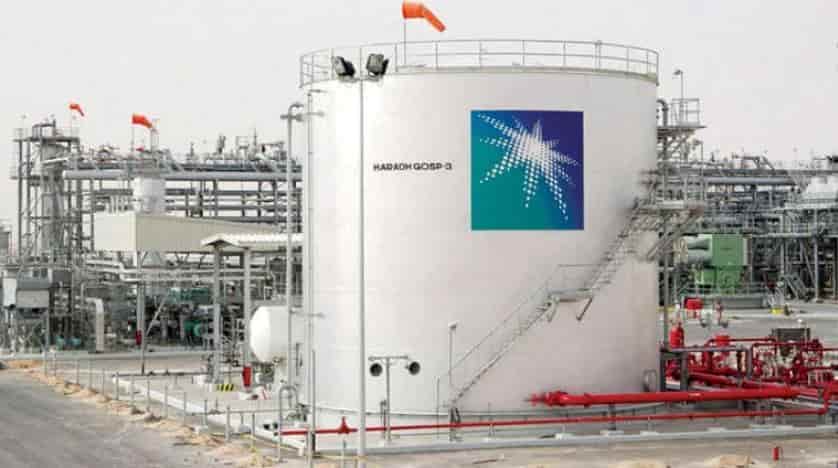
-Thermore Group launches EVOdown made using recycled PET bottles
Italian firm, Thermore, which specializes in research, development and production of high-quality thermal insulation for apparel, has launched EVOdown, made of 100% recycled fibers from PET bottles. BOPET-Films – Recycled-PET-bottles
EVOdown is a rolled type of blow-in fibers that bridges the gap between free fibers and standard padding. It has an ultra-soft hand and luxurious drape. EVOdown bridges the gap between free fibers and traditional padding, delivering ultra-soft hand and luxurious drape of blow-in fibers in a rolled form.
Hybrid technology, as it’s known among consumers, offers increased production and manufacturing efficiency. EVOdown is the world’s unique product of its kind, consisting of millions of free fibers encased by two enclosing outer layers. EVOdown-made clothing will be lightweight and smooth to the touch, with unequaled ease of maintenance, according to the business in a press statement.
EVOdown Recycled-is another step toward sustainability for the Milan-based company, which has now transformed over 97 percent of its revenue into insulations created entirely or partially from recycled fibers. BOPET-Films – Recycled-PET-bottles
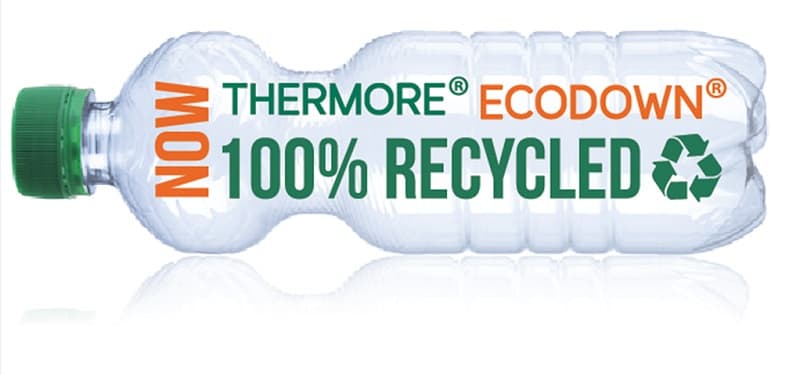
-Borealis received a binding offer from AGROFERT for the acquisition of nitrogen business
Borealis, one of the world’s leading providers of advanced and circular polyolefin solutions and a European market leader in base chemicals, fertilizers and the mechanical recycling of plastics, has received a binding offer from AGROFERT, a.s. for the acquisition of Borealis’ nitrogen business including fertilizer, melamine and technical nitrogen products, said the company. BOPET-Films – Recycled-PET-bottles
The offer values the business on an enterprise value basis at EUR 810 million. AGROFERT is a Czech-based group active in a number of industries in the countries of Central Europe, with activities spanning from chemicals and agriculture to food production. Generating a consolidated turnover of EUR 7.5 billion in 2021, the group comprises more than 200 companies and employs approximately 31.000. AGROFERT is also one of the leading European nitrogen fertilizer producers, with manufacturing facilities in Germany, the Czech Republic, and Slovakia.
By adding Borealis’ production assets in Austria, Germany and France as well as a comprehensive sales and distribution network utilising the Danube River, this business combination would well complement AGROFERT’s existing capabilities in serving its customers across Europe.
Borealis will initiate mandatory information and consultation procedures with employee representatives shortly. The transaction is also subject to certain closing conditions and regulatory approvals, with closing expected for the second half of 2022. Borealis will continue to focus on its core activities of providing innovative and sustainable solutions in the fields of polyolefins and base chemicals and on the transformation towards a circular economy.
As per MRC, Borealis and Austria’s leading energy company, VERBUND, are pleased to announce the installation of a new photovoltaic (PV) array at Borealis production location in Linz, Austria. The investment is in line with the Borealis aim to enhance the sustainability of its own operations while also supporting the Upper Austria Photovoltaic Strategy for 2030. Rooftop PV arrays are among the cleanest ways to generate renewable energy. BOPET-Films – Recycled-PET-bottles
We remind, Borealis (Vienna), a leading producer of polyolefins, has delayed the start-up of a new, world-scale propane dehydrogenation (PDH) plant at its existing production site at Kallo, Belgium, which is the company’s biggest investment in Europe, until Q3 2023, citing Covid-19. The plant in Kallo in the port of Antwerp was previously targeted to begin operations by the end of next year.
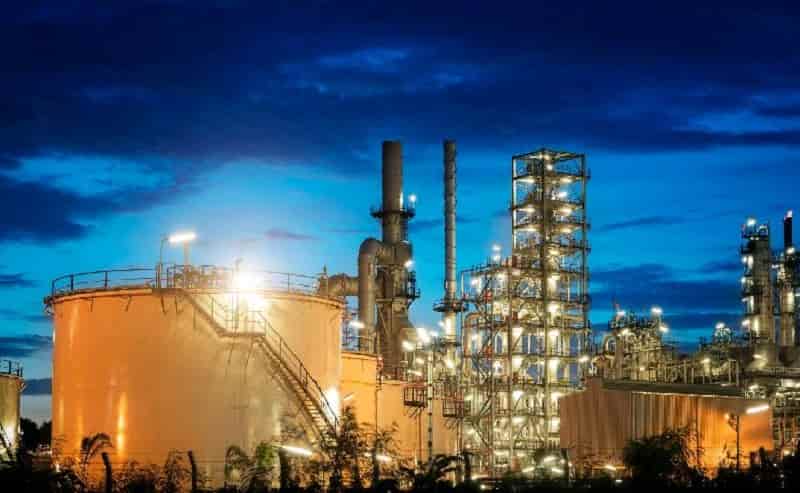
BOPET-Films – Recycled-PET-bottles
